How to Become Wedding Officiant in Ontario - Step-by-Step Guide | EventoRace
Introduction
Becoming a wedding officiant in Ontario is an accessible and rewarding path for people who enjoy public speaking, working with couples and serving their communities. Whether you want to officiate as part of your faith community or as a civil officiant, this guide walks you through the legal process, typical costs, regional considerations, recommended training, practical tips, and real-world examples so you can start officiating legally and confidently in Ontario, Canada.
Note: this article focuses on Ontario rules and general best practices for Canada-based couples and officiants. Always confirm the latest procedural details with ServiceOntario and your local municipal office.
What Does a Wedding Officiant Do?
A wedding officiant is the person authorised to legally solemnize marriages and complete the required paperwork that records the union with the province. Duties typically include confirming that the parties are eligible to marry, verifying the marriage licence, conducting the ceremony, obtaining witness signatures, and filing the Record of Solemnization with the proper provincial registrar.
- Confirm the couple’s identity and eligibility to marry.
- Verify and retain the marriage licence.
- Conduct the ceremony in a manner agreed with the couple.
- Collect signatures from the couple and two witnesses.
- Submit the signed marriage documentation as required by the Registrar General.
Who Can Become a Wedding Officiant in Ontario?
The requirements vary slightly depending on whether you are applying as a religious officiant or a civil officiant, but the general eligibility basics are:
- Be at least 18 years old.
- Be in good legal standing (background checks may be required by some organisations or municipalities).
- Be affiliated with a recognised religious organization to apply as a religious officiant, or meet municipal/civil application procedures for civil roles.
- Complete any local or organisational paperwork and pay required fees.
If you plan to officiate only informally (for friends or family), remember: for the marriage to be legally binding, the officiant must be authorised under Ontario law. Performing an informal ceremony without legal authority does not create a legal marriage.
Step-by-Step Process to Become a Wedding Officiant in Ontario
Below is a practical step-by-step approach to get authorised and start officiating legally.
- Decide your officiant type. Choose between religious officiant (through a recognised faith community) or civil officiant (through municipal or provincial processes).
- Contact the appropriate authority. For religious officiants, speak with your faith organisation’s leadership. For civil officiants, contact your municipal clerk or ServiceOntario for guidance.
- Prepare documentation. Typical documents include proof of identity, proof of affiliation (for religious officiants), and any forms required by the Registrar or municipality.
- Complete any required training or orientation. Some organisations and municipalities offer or require orientation sessions on ceremony structure and paperwork handling.
- Pay the application and registration fees. Fees vary; see the cost table below for a typical range.
- Receive authorisation. Once approved, you will receive designation or a certificate enabling you to legally officiate.
- Understand filing requirements. After each ceremony, you must ensure the signed document is filed correctly with the Registrar so the marriage is recorded.
Cost Breakdown — What to Expect
The following table summarises common costs you should budget for when becoming and operating as an officiant in Ontario.
| Item | Purpose | Typical Cost (CAD) |
|---|---|---|
| Application / Registration Fee | Processing and official designation | $50 – $150 |
| Training or Workshop | Optional officiant training, public speaking or legal orientation | $100 – $350 |
| Background Check | Police or vulnerable sector check (if required) | $20 – $75 |
| Professional Materials | Script templates, certificates, supplies | $25 – $150 |
| Marketing & Profile | Listing fees, website, business cards | $0 – $300 |
| Estimated Total (first year) | Typical startup range | $200 – $1,000 |
Costs vary by municipality and organisation. Many officiants start with minimal investment and upgrade as they grow.
Regional Breakdown — Tips for Ontario Cities and Regions
Ontario is diverse. The process and local demand differ between large cities and smaller communities.
| Region / City | What to know | Local opportunities |
|---|---|---|
| Toronto & GTA | High demand for officiants; multicultural ceremonies common; bilingual services are valued. | Strong opportunity for weekday evening & weekend bookings; higher fees possible. |
| Ottawa | Official requirements via City Clerk; bilingual (English/French) officiants have an edge. | Government and international community weddings provide steady demand. |
| Mississauga & Brampton | Large South Asian and multicultural communities. | Demand for cultural and fusion ceremonies; weekday availability helps build bookings. |
| London & Southwestern Ontario | Smaller communities, more intimate weddings, often with local venues. | Lower competition; local networking is key. |
| Northern Ontario | Less frequent ceremonies; travel may be required for bookings. | Opportunity for officiants willing to travel; higher travel fees applicable. |
Training & Practical Tips
While formal training is not always required to become an officiant in Ontario, good preparation makes a big difference in confidence and professionalism.
Recommended training and development
- Public speaking and ceremony delivery: Take workshops or join a local Toastmasters club to build speaking skills.
- Ceremony writing: Practice writing different styles of ceremonies—religious, civil, modern and multicultural.
- Legal process: Learn how to verify marriage licences, collect signatures, and submit records promptly.
- Interpersonal skills: Develop empathy, timing, and the ability to manage small disruptions calmly during ceremonies.
Administrative checklist for each ceremony
- Confirm the couple has a valid marriage licence for the date and municipality.
- Confirm the identities of both parties (photo ID).
- Ensure two adult witnesses are present and can sign.
- Use a standard Record of Solemnization and file as required.
- Keep a digital and physical copy of signed paperwork for your records.
How Much Can You Charge and How to Market Yourself
Officiant fees in Ontario typically vary from CAD 150 to CAD 600 per ceremony depending on experience, location, ceremony length, and whether travel is required. Many officiants start at moderate rates and increase fees as they gain experience and positive reviews.
Pricing guidelines
- Set a base rate that covers preparation, travel time, and the ceremony (e.g., $200–$350).
- Charge extra for travel, late-night ceremonies, or rush bookings.
- Offer add-ons like rehearsal attendance, custom script writing, or bilingual delivery.
Marketing channels
- Create a professional profile on platforms like EventoRace and local wedding directories.
- Use social media (Instagram and Facebook) with short ceremony clips and testimonials.
- Network with wedding planners, photographers and venues.
- Ask couples for reviews and referrals after the ceremony.
Case Study - From Volunteer to Professional Officiant
Background: Sarah is based in Mississauga. She volunteered at community events and enjoyed public speaking. She wanted to officiate weddings legally and started the process with the local municipal office.
Steps Sarah took:
- Contacted the local clerk and confirmed the required documentation and application fee.
- Took a weekend course on ceremony writing and public speaking.
- Prepared sample scripts and offered to officiate a few low-fee ceremonies for friends to build a portfolio.
- Created a profile on EventoRace and listed her services on local directories.
Results: Within six months Sarah built a steady stream of weekend bookings, earned positive reviews, and gradually increased her rate from $200 to $350 per ceremony. She now balances officiating with her day job and occasionally travels across the GTA for ceremonies.
Takeaway: Local networking, consistent delivery, and clear administrative practices helped Sarah transition from volunteer work to a reliable officiant service.
Common Challenges and How to Handle Them
Here are typical challenges new officiants face and practical solutions:
Paperwork Errors
Solution: Use a checklist for every ceremony. Verify names and dates against the licence before the ceremony begins.
Last-minute changes
Solution: Maintain a clear cancellation and change policy. Offer flexible lists of standard vows and scripts to adapt quickly.
Nervousness
Solution: Rehearse with the couple and practice public speaking techniques to reduce anxiety.
Travel logistics
Solution: Include travel time and costs in your contract. Use a reliable navigation app and arrive early.
Frequently Asked Questions (FAQ)
Conclusion - Ready to Begin?
Becoming a wedding officiant in Ontario is a practical way to earn extra income while creating meaningful experiences for couples. The legal process is straightforward when you follow the appropriate steps, keep accurate paperwork and offer consistent, professional service.
If you’re ready to start officiating, take the first step: confirm the requirements with your local municipal office or faith organisation, plan for a brief training or practice sessions, and set up a clear service package.
Create Your Officiant Profile on EventoRaceResources & Final Notes
Useful places to check for up-to-date information:
- ServiceOntario — provincial guidance on marriage licences and records.
- Your local municipal clerk or city hall — local filing and administrative details.
- Trusted community and faith organisations — for religious officiant applications and support.
This guide is informational and general in nature. For legal confirmation or recent changes in procedure, always consult the official provincial or municipal source.

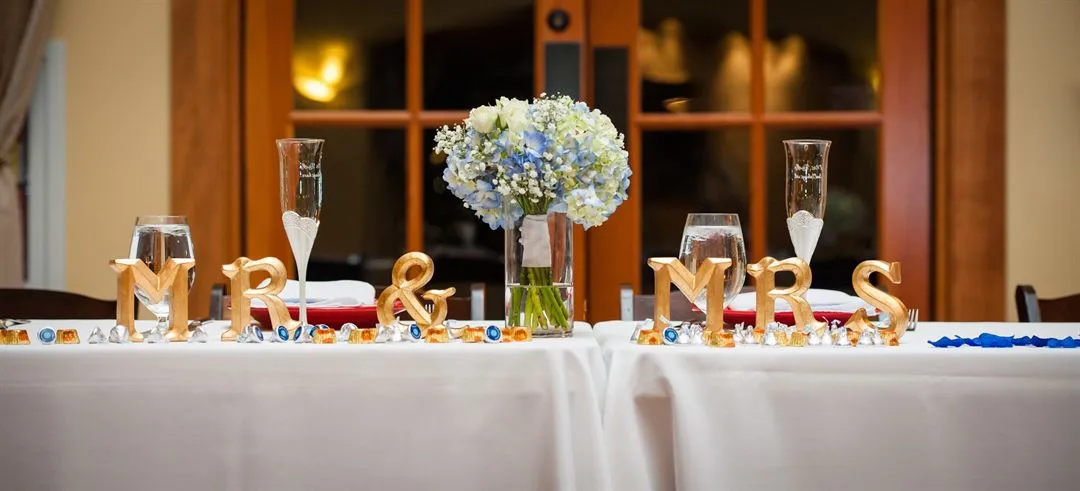
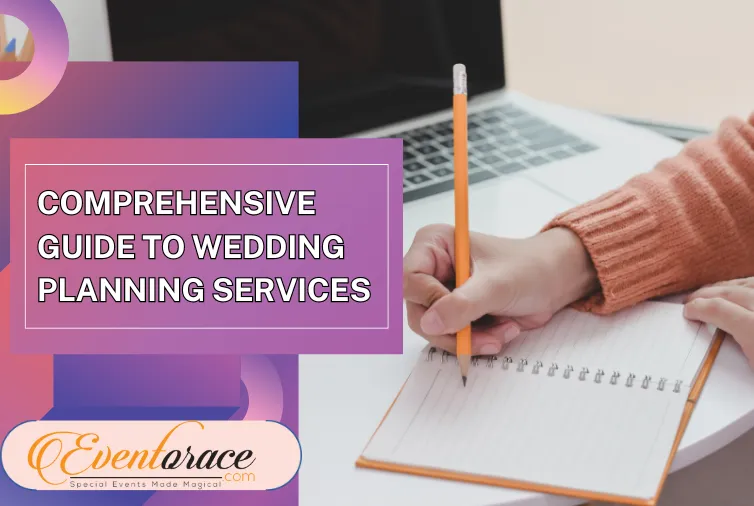
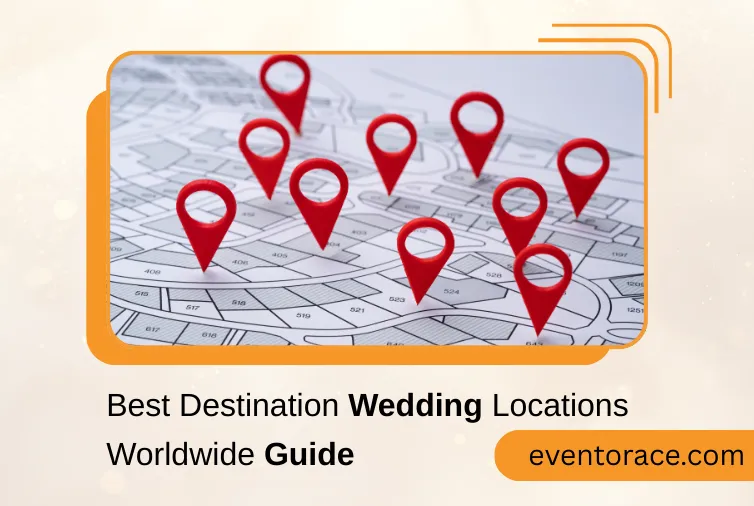
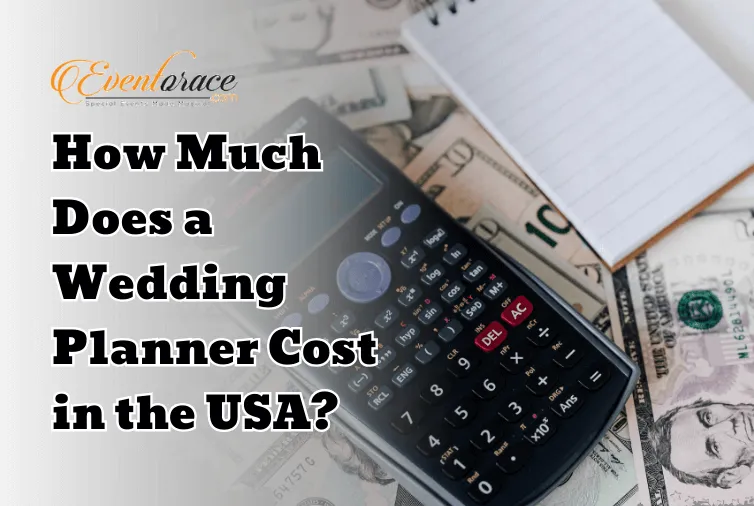
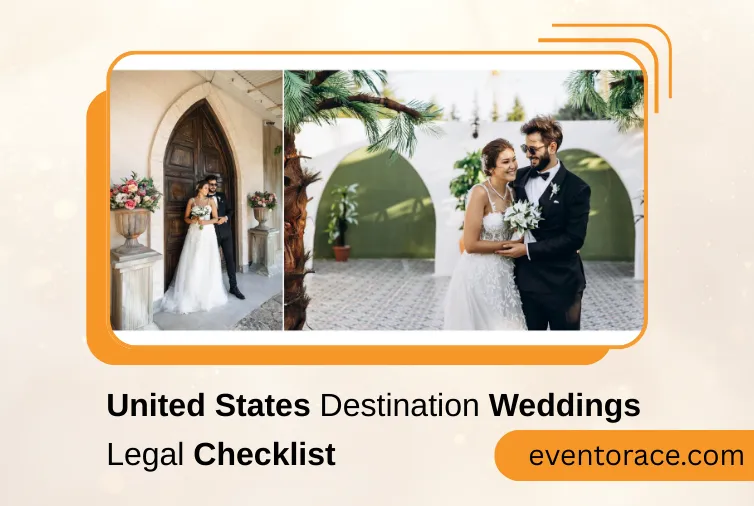


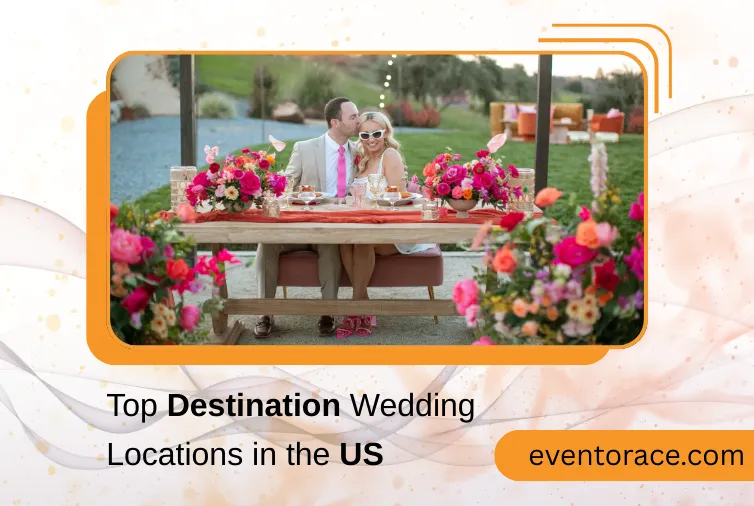

(0) Comments